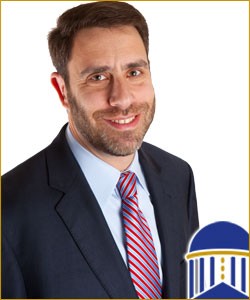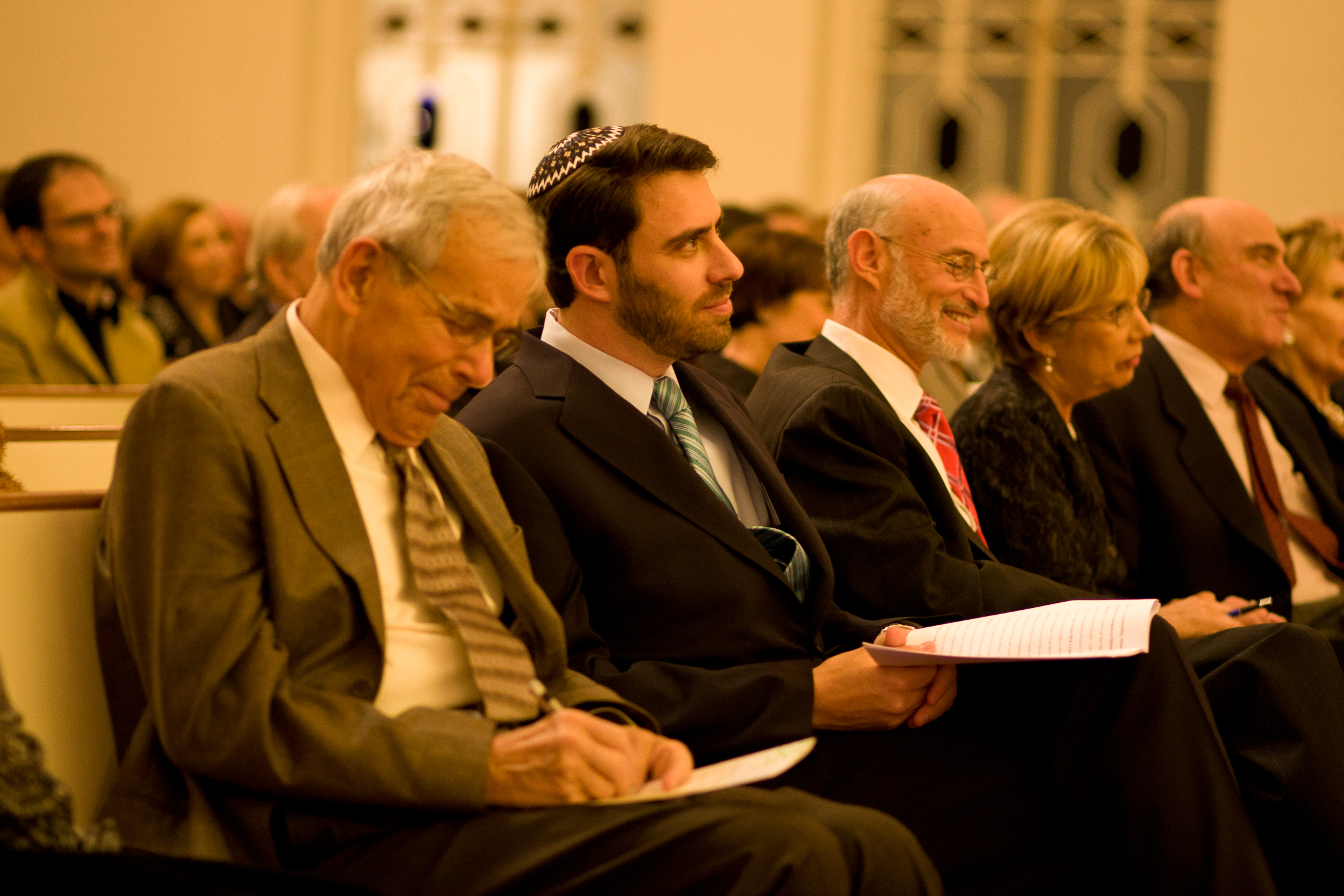 For eight years, Rabbi Peter Berg has been serving as Senior Rabbi of the Temple in Atlanta – the largest Jewish congregation in Georgia, and Atlanta’s oldest. And even with that long history and impressive size, what really attracted Rabbi Berg to this particular congregation was its role as a major player in social justice movements of the past 150 years.
For eight years, Rabbi Peter Berg has been serving as Senior Rabbi of the Temple in Atlanta – the largest Jewish congregation in Georgia, and Atlanta’s oldest. And even with that long history and impressive size, what really attracted Rabbi Berg to this particular congregation was its role as a major player in social justice movements of the past 150 years.
“All of the Rabbis of the Temple have had, over time, an important voice in the community in raising the bar for social justice and speaking truth to power,” Rabbi Berg said.
Now he follows in their footsteps. A long time activist, Rabbi Berg has been involved in diverse issues – from fighting to help free enslaved Soviet Jews, to mobilizing funds to end homelessness and hunger, to advocacy for universal preschool education.
The Temple recruited him years ago in part because of his community work. “I’m often called upon to speak on behalf of the Jewish community, and I’m proud to do it,” Rabbi Berg said. “My role as Rabbi of the Temple is also to be a Rabbi of the community.”
Today he is taking a stand, as a representative of his congregation and of Georgia’s Jewish community at large, in staunch opposition to the rash of discriminatory religious exemption bills now under consideration by the Georgia General Assembly.
“We have a politically diverse congregation at the Temple of Atlanta, with members from all different political views,” Berg said.
Our members, regardless of their political views, have always been very supportive of LGBT issues and inclusion. For our community, this isn’t a political issue. It’s just the right thing to do.
Rabbi Berg likens the current fight for LGBT non-discrimination in Georgia to the civil rights movement of the 1950s and 1960s. In those days, then Rabbi Rothschild actively advocated for racial integration – at a time when it was not popular. The Temple was bombed in 1958 as a result, but he continued to speak out for racial equality.
Rabbi Berg calls on this legacy for inspiration in today’s fight, saying, “We have to work hard. We live in a country where everyone should be entitled to the same freedoms. And when those freedoms are denied to a small group, the larger community must come together and speak out.”

One thing is undeniable: Though America has made incredible strides toward a more inclusive society since same-sex couples nationwide gained the freedom to marry last June, anti-LGBT discrimination is alive and well. Rabbi Berg has been witness to it year after year, in three Temples, across three states—Texas, New Jersey, and now Georgia.
“We have members of our congregation who are in beautiful, loving same-sex relationships. Many are raising children together,” he said, “yet under bills like the First Amendment Defense Act they could be denied certain benefits, that could mean life or death in some cases. They could be refused medical care at a religiously affiliated hospital or the right to spousal visitation at the end of life. God forbid a same-sex couple is kicked out of their home because their landlord doesn’t approve of their relationship, they could then be denied emergency housing, too, at religiously affiliated shelters.
It’s not a stretch to imagine how, if we open the door to LGBT discrimination, this can easily spiral out of control and suddenly Georgia has a human rights crisis on it’s hands.
“This is much bigger than the right to participate in the ceremonial ritual of marriage. There’s this sense of being a second-class citizen. And it has very real, economic and legal consequences that bear serious weight on the people who, at the end of the day, are just trying to live, work, love and practice their faiths freely – just like the rest of us.”
Rabbi Berg is proud to stand with the 300+ clergy, who represent tens of thousands of congregants, in firm opposition to what he calls “unnecessary” religious freedom bills. He urges lawmakers to consider their oath of office and remember that they have been elected to represent all Georgians – not just some.
“Georgia, just like every other state, is made up of a significant LGBT population,” he said. “Georgia lawmakers, regardless of their own religious points of view, have to be sensitive to the fact that there are American citizens who live here and who are entitled to fair and equal treatment.”
SHARE THIS STORY


 @GeorgiaUnites
@GeorgiaUnites